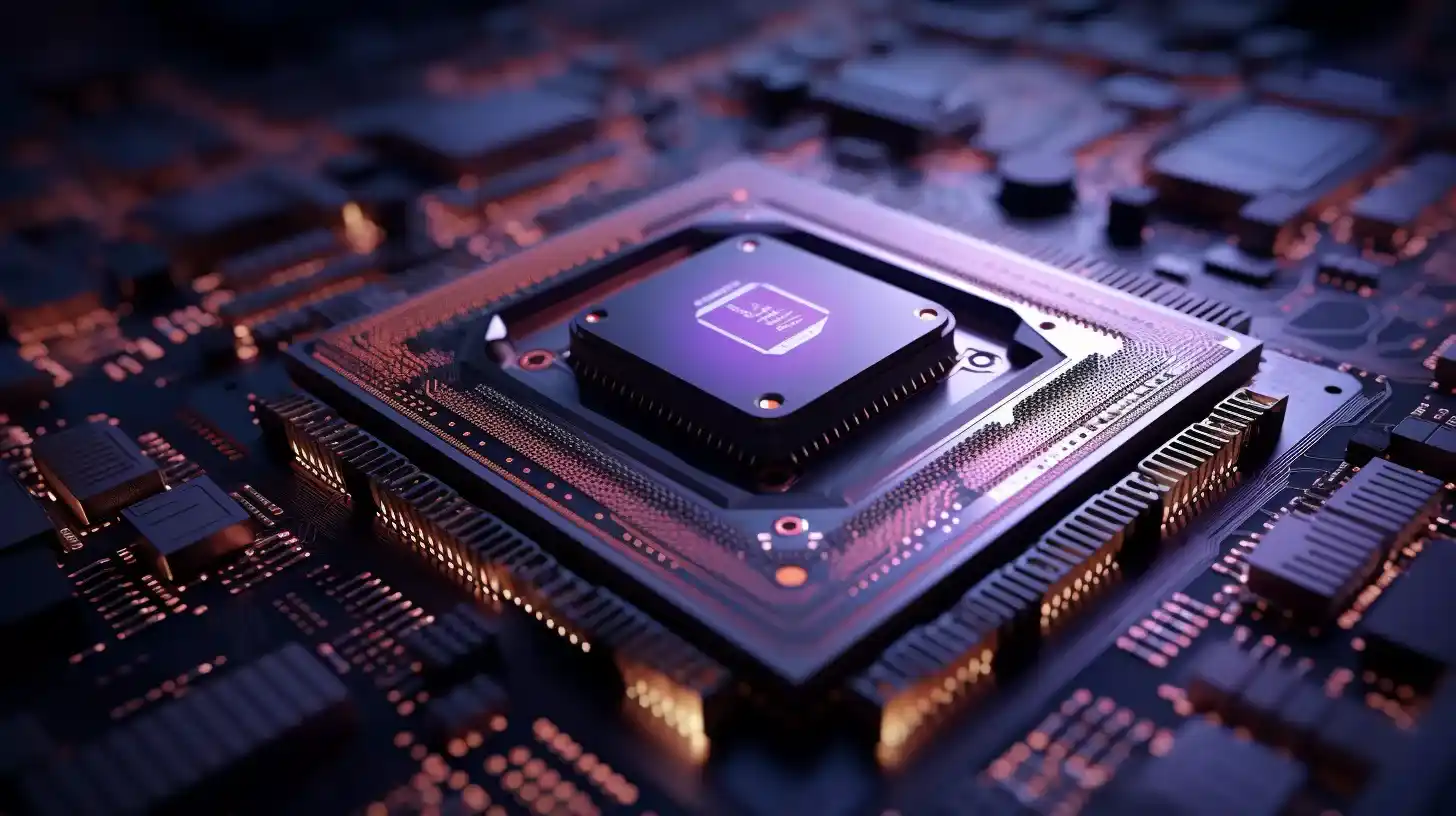Table of Contents
Introduction to AI Chip Development
In a significant development in the ever-evolving landscape of artificial intelligence (AI) chips, South Korean fabless startup Rebellions announced the successful closure of a $124 million Series B funding round. The primary focus of this funding will be the development of the company’s third AI chip, named Rebel.
Additionally, the capital will be utilized to scale up the production of Rebellions’ data center-focused chip, Atom, and to facilitate an expansion in their workforce through strategic hiring initiatives.
Funding Details and Valuation
The Series B funding round, initially targeted at $90 million, was oversubscribed, reflecting strong investor confidence in Rebellions’ innovative approach. The round was led by South Korean telecom giant KT, a strategic investor, showcasing a diverse investor base that includes previous backers such as Temasek’s Pavilion Capital and Korea Development Bank.
As a result of the Series B round, Rebellions is now valued at approximately $658 million post-money, according to Sungkyue Shin, CFO of Rebellions. This successful funding round brings the total capital raised by Rebellions to around $210 million since its inception in 2020, underscoring the startup’s rapid growth and market relevance.
Strategic Focus: Development of AI Chips
Rebellions’ Series B funding arrives at a crucial juncture within the chip industry, particularly in the realm of AI chip development. Nvidia currently leads the market, and its dominance is associated with the establishment of a robust ecosystem of both hardware and software. However, the AI chip industry remains dynamic, with ongoing efforts to address challenges related to data processing and associated high costs in AI applications.
The development of Rebellions’ third AI chip, Rebel, aims to introduce groundbreaking innovations in AI processing. The company is strategically positioning itself to compete with industry giants, presenting a viable alternative to address challenges in the current AI chip landscape.

Industry Dynamics and Competition
The chip industry is currently undergoing a transformative phase marked by significant advancements and fierce competition. Leading tech giants, such as Google, Amazon, Apple, and Microsoft, have intensified their efforts in developing proprietary chips to seamlessly integrate artificial intelligence (AI) into their diverse array of products and services. This strategic move allows these industry titans to establish a tighter grip on their ecosystems, fostering innovation and efficiency.
Recent reports have unveiled Open AI’s strategic maneuvers in the realm of AI chip development. Under the leadership of CEO Sam Altman, Open AI is actively exploring partnerships with key players in the South Korean chip industry, namely Samsung and SK Hynix. This collaboration aims to leverage the expertise and resources of these industry leaders, potentially creating synergies that could redefine the landscape of AI chip development.
Notably, Open AI does not stop there. The organization is reportedly in the process of raising substantial funds dedicated to establishing state-of-the-art chip fabrication facilities. This ambitious move underscores Open AI’s unwavering commitment to advancing AI chip development independently, paving the way for the creation of proprietary technologies that align with their specific objectives.
Conclusion
Rebellions’ successful Series B funding not only positions the startup as a formidable player in the AI chip domain but also signifies the broader industry’s recognition of the importance of ongoing developments in this space. With strategic partnerships, a diverse investor base, and a clear focus on innovation, Rebellions is poised to play a pivotal role in shaping the future of AI hardware.
As the industry continues to evolve, the competition and collaboration among key players, including Rebellions, are expected to drive further advancements and redefine the possibilities of AI chip development applications.